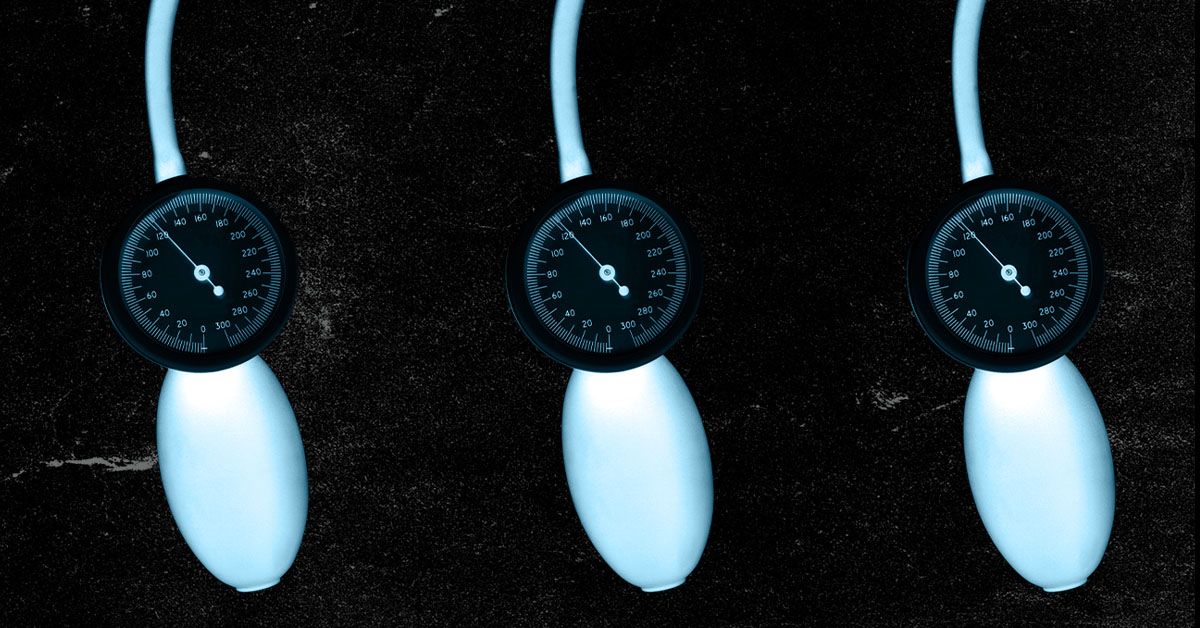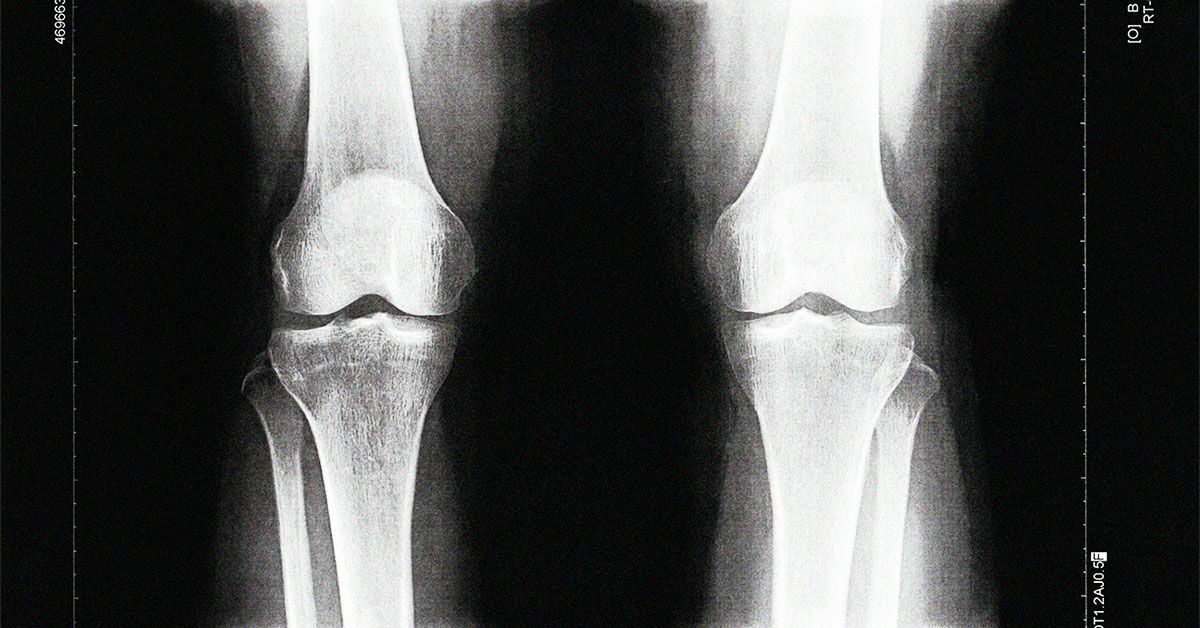- There are about 1.28 billion adults globally living with hypertension, or high blood pressure.
- Recent studies show that hypertension rates in younger adults are on the rise.
- People with high blood pressure are at an increased risk for several chronic conditions, including dementia.
- Researchers from the Cardiovascular Institute in Buenos Aires, Argentina report that high blood pressure can also increase dementia risk within the middle-aged population.
There are currently about
Although high blood pressure is normally more pronounced in
People with high blood pressure are at an increased risk for many medical conditions, including
Now, a new study recently published in the journal
For this study, researchers analyzed the data of 1,279 people from Argentina with high blood pressure between the ages of 21 and 95. All data was taken from the Heart-Brain Study in Argentina, including blood pressure and cognitive impairment information.
Scientists then determined the
Their analysis showed that 28% of those in the mid-life age group — aged 47–53 — had a heightened risk of dementia.
“It is in the middle age of life where risk factors have the most impact,” Augusto Vicario, MD, cardiologist and chief of the Heart and Brain Unit in the Department of Clinical Cardiology at the Cardiovascular Institute in Buenos Aires, Argentina, corresponding author of this study, told Medical News Today.
“In the case of hypertension, it was shown that being hypertensive in middle age increases the risk of developing dementia later in life, but as hypertension begins later, this risk decreases. This occurs because vascular disease of the brain is slow to develop and requires more than 10 or 15 years [to be] expressed clinically as [a] cognitive disease.”
– Augusto Vicario, MD
The scientists also found that approximately 40% of all study participants, regardless of age, had an increased risk of developing dementia.
“If we consider that the only intervention that has been shown to stop or slow down the progression of vascular lesions of the brain in hypertensive patients […] is the treatment and control of hypertension with pharmacological measures and nonpharmacological, it is not a surprise that 40% of patients have an increased risk of developing dementia, given that 70% of hypertensive patients do not have their blood pressure controlled or even more unaware of their disease and are not treated,” Vicario said.
“Physicians must include the brain in the clinical evaluation of their hypertensive patients in order to adequately stratify cardio and cerebrovascular risk,” he advised.
“A simple and practical way is cognitive evaluation using neuropsychological tests. In previous publications, we have shown that the ‘
“And second, we have to put [an] emphasis on detecting hypertension early, controlling it adequately with anti-hypertensive drugs, and improving adherence to treatment since it will last forever,” he noted.
Although hypertension is a known risk factor for dementia, this link requires further study, Vicario said.
“The brain is one of the three target organs of hypertension, [along with the] kidneys and heart; however, its evaluation in the routine clinical practice is sidestepped,” he explained.
“Our investigations, according to international publications, have shown that 30% of hypertensive patients have
brain damage without kidney or heart damage. So, the brain of hypertensive patients is ‘a brain at risk’.”– Augusto Vicario, MD
“[Because] dementia is an incurable but preventable disease with exponential growth, vascular disease is the main precipitant of more than 90% of cases of dementia including Alzheimer’s disease, and hypertension is the main modifiable vascular risk factor for develop dementia, it is imperative to study the brain of the hypertensive patient,” he added.
After reviewing this study, José Morales, MD, a vascular neurologist and neurointerventional surgeon at Pacific Neuroscience Institute in Santa Monica, CA, not involved in this research, told MNT that its most valuable aspect is that it emphasized to patients and primary care physicians that this “
“Many patients express concerns about medication side effects and optimizing their blood pressure control is sometimes difficult to negotiate,” Morales noted.
“For some, highlighting the risk of dementia to patients with uncontrolled hypertension can motivate them and primary care physicians to be more proactive in mitigating the effect of this risk factor on brain health,” he said.
MNT also spoke with Jennifer Wong, MD, a board-certified cardiologist and medical director of noninvasive cardiology at MemorialCare Heart and Vascular Institute at Orange Coast Medical Center in Fountain Valley, CA, about this research.
“I thought the study made sense,” Wong commented. “Hypertension has previously been shown to be a risk factor for dementia [and] the study nicely shows that with more risk factors, which they calculated with the CAIDE score, there was a higher risk of dementia, even in middle-aged folks.”
“It’s useful to have studies like these that show patients the serious consequences of hypertension, which some people call a silent disease,” she continued.
“Many people have no symptoms when their blood pressures are elevated at younger ages and it’s hard for people to understand the gravity of these risk factors with that lack of symptoms. It helps to show them that there can be consequences earlier than some people expect,” Wong advised.













